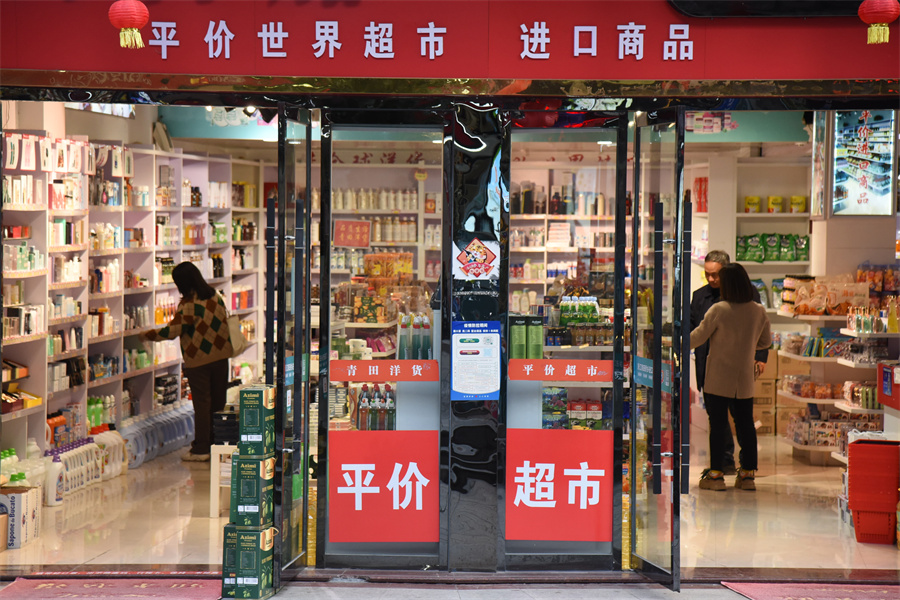Qingtian people return with wealth of experience
Zhejiang county sees natives come back from overseas to benefit, build nation


Interaction evolves
As China has gone through rapid development since the launch of its reform and opening-up policy, interaction between overseas Chinese and their home has also evolved.
Zhou Yong, 51, went abroad in 1992 and stayed overseas for over two decades. Zhou recalled that in the 1990s Qingtianese who managed to settle down overseas began remitting money back home, trying to improve the living standards of their families.
This influx of foreign currency led to Qingtian being known as the top county for foreign exchange earnings. Locals often greeted each other with discussions about the fluctuation in exchange rates.
Official statistics show that Qingtian still takes in an average of more than $1 billion in annual remittances, with a yearly foreign exchange settlement of about $1.7 billion, not including the additional foreign currency brought in by returning residents.
However, at the end of the 1990s, a new trend began to emerge among the Qingtian overseas Chinese community.
Many started to look homeward with entrepreneurial ambitions. There was a notable increase in the number of overseas Chinese returning to start businesses, investing in real estate and hydropower stations, Zhou said.
"By 2015, the wave of returnees had picked up speed, with some venturing into manufacturing. These overseas Chinese were optimistic about China's economic prospects and wanted to seize the business opportunities early," he said.
The choices for returning overseas Chinese are increasingly diverse, ranging from international trade to developing local industries and even promoting Chinese products overseas.
A 2022 survey by the Qingtian local government showed that the percentage of overseas Chinese willing to return to China for investment and employment had risen from 17.6 percent in 2020 to 27 percent in 2021.
"The overseas Chinese from Qingtian, generally believe that the reason for going abroad is to come back better off. If there's an opportunity to start a business back home with a stable income, we are more than willing to do so," said Zhou, who returned in 2015 to participate in the construction of Qingtian Imported Commodity City, an imported goods trading center.
"Around 2010, the export business in Yiwu (Zhejiang) was booming, and many Qingtian overseas Chinese were engaged in selling Yiwu's products overseas. We wondered if we could also have overseas Chinese bring foreign goods back to sell," Zhou recounted.


















